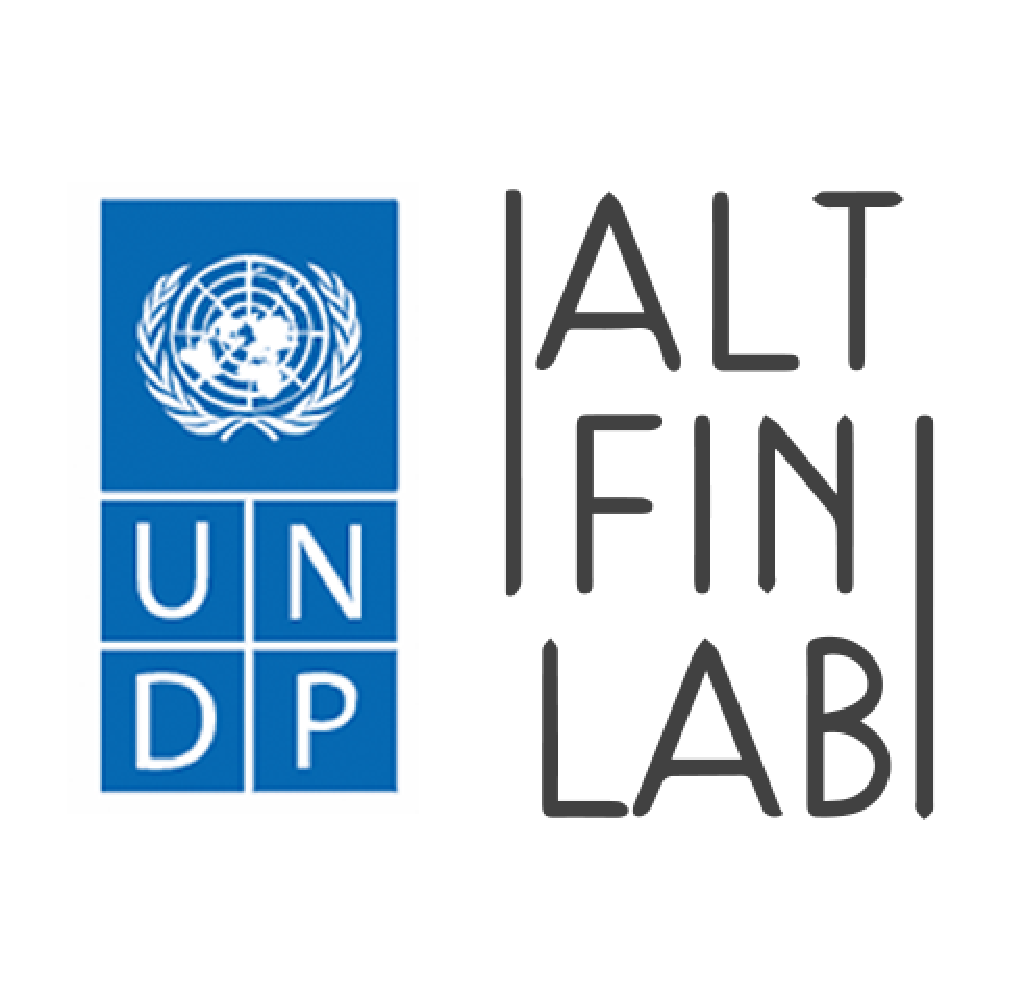DSF's Strategic Approach to Grant Giving Challenges
Ever since the advent of blockchain technology in 2008, it has caused a paradigm shift in the technological landscape. As its functionality continues to grow, so does the opportunity for funding blockchain-related projects. Governments, private investors, and philanthropic organisations are eager to invest in innovative blockchain projects that can solve real-world problems. However, with a plethora of topics available, choosing the right one can be a daunting task. The DLT Science Foundation (DSF) recognises this challenge and employs a rigorous and thorough selection process to fund research, education, and innovation in blockchain.
Project Volume: Challenges & Solution
One of the primary challenges in selecting topics for grants related to blockchain is the sheer volume of possibilities. Blockchain technology can be applied across a wide range of industries, including finance, healthcare, logistics, and supply chain management. It can also address a plethora of issues, such as fraud reduction, transparency improvement, and efficiency enhancement. The abundance of options available can make it arduous for grant-givers to make informed investment decisions.
To overcome this challenge, DSF has developed a systematic approach, involving the following process:
- Harnessing the expertise of the Global Grant Community (GGC) and other grant-making specialists.
- Identifying distinct areas for project funding through close collaboration with these specialists.
- Significantly narrowing down project applications to streamline the evaluation process.
Project Evaluation: Challenges & Solution
Another challenge in selecting projects to fund is the high quality of proposals submitted. There is no shortage of talented developers, entrepreneurs, and researchers working on innovative blockchain projects that have the potential to make a significant impact. However, limited funding means that not all of these projects can receive support, and some may not come to fruition.
With a team led by both researchers and entrepreneurs, DSF is well-positioned to address this challenge. DSF Science Fellows will conduct critical screening and evaluation of applications to prioritise projects with the greatest potential for impact. The evaluation process will encompass the following:
- Assessing the technical feasibility of the project: DSF's researchers specialising in various blockchain fields such as cryptography, blockchain software engineering, blockchain economics, blockchain governance, blockchain regulation, security, and privacy, among others, will analyse the feasibility of submitted projects.
- Evaluating the practicality of the project: The potential of the project to address real-world issues will be scrutinised critically, since project impact is a significant criterion used by DSF during the selection process.
- Measuring the scalability of the solution: By assessing the solution's scalability at this stage, DSF ensures that the project can meet present and future demands.
- Evaluating the track record: DSF will assess the experience of individual team members and the team as a whole.
DSF Grant Categories & The Ecosystem
DSF takes a long-term approach when funding blockchain-related projects. Blockchain technology is still in its infancy, and its most promising applications have yet to be discovered. By investing in projects that have the potential to create lasting value, DSF aims to support the growth and development of the blockchain ecosystem as a whole.
DSF funds real-world solutions in three broad areas; research, education and innovation.
- Research: DSF provides grants for groundbreaking research in blockchain.
- Education: DSF provides education grants to promote the participation of students at universities.
- Innovation: DSF provides innovation grants for entrepreneurs who commercialise innovative solutions.
With DSF’s funding scheme, we seek to create a mutually beneficial ecosystem for all stakeholders by supporting industry led research, bringing blockchain-solutions to the market and promoting the participation of students at universities.
In summary, blockchain technology has opened up a world of possibilities for innovation, research, and problem-solving. However, selecting the right topic for funding can be an uphill task. DSF's approach, which involves leveraging the expertise of the Global Grant Community and employing a thorough evaluation process, ensures that funds are invested in blockchain projects most likely to make a significant impact. By supporting pioneering research, promoting education, and fostering innovation, DSF is contributing to the growth and development of the blockchain ecosystem, which has the potential to transform the way we conduct transactions, manage records, and interact with one another online.









